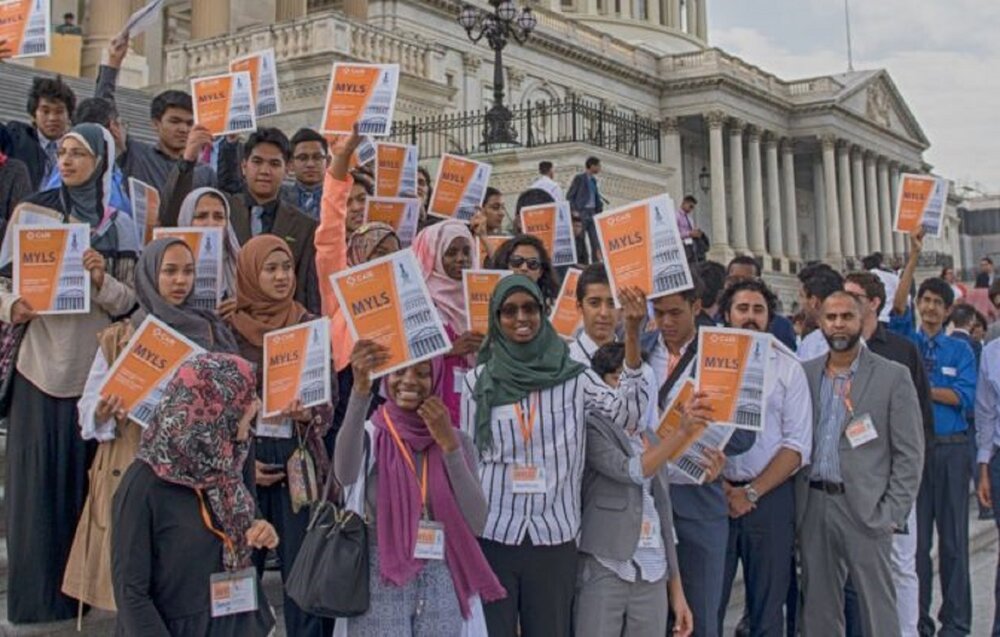Hawzah News Agency –The Council on American-Islamic Relations (CAIR) is a non-profit civil rights and advocacy organization based in the United States. CAIR is the nation’s largest Muslim civil liberties organization, with affiliate offices across the country. The organization’s national headquarters are on Capitol Hill in Washington, D.C.
CAIR has sought to promote a positive image of Islam and Muslims in America since its establishment in 1994. CAIR seeks to ensure that a Muslim voice is heard through media relations, lobbying, education, and advocacy. CAIR’s mission is to empower American Muslims and urge them to participate in political and social activities.
CAIR’s Islamophobia Watch Department is in charge of monitoring and exposing the network of individuals and organizations in the United States that profit politically and financially from inciting anti-Muslim bigotry. The department conducts projects and policies geared at attaining CAIR’s vision for Islamophobia in America, which envisions a time where being Muslim is viewed positively and Islam has an equal place among numerous faiths in America’s pluralistic culture.
The civil rights division of CAIR counsels, mediates, and advocates on behalf of Muslims and others who have faced religious discrimination, defamation, or hate crimes. The agency strives to preserve and defend American Muslims’ constitutional rights, thereby promoting the rights of all Americans.
CAIR offices all around the country offer active internship programs, and several also host intensive annual youth leadership programs. The core mission of CAIR’s internship and Muslim youth leadership programs is to provide American Muslim youth with the training, skills, and experience they need to lead their communities from the margins to the mainstream, as well as to foster a healthy American Muslim identity that fits comfortably within pluralistic American society.


Your Comment